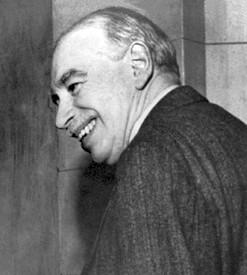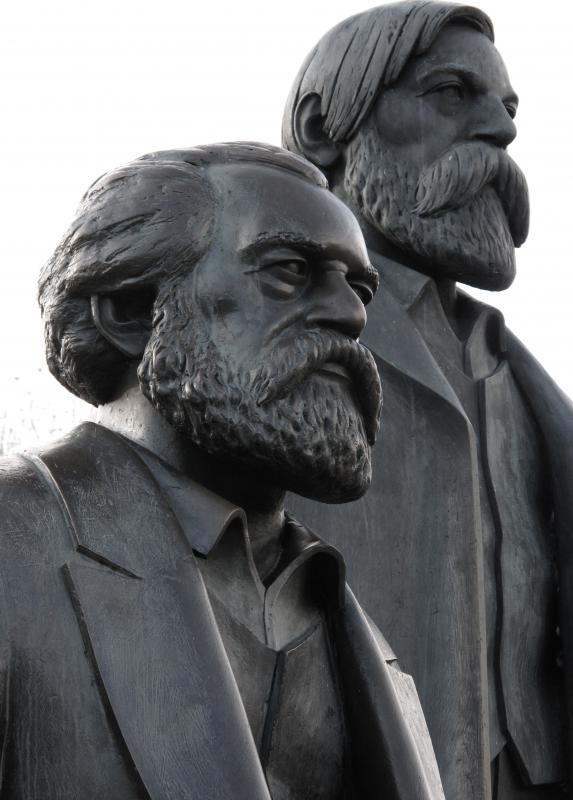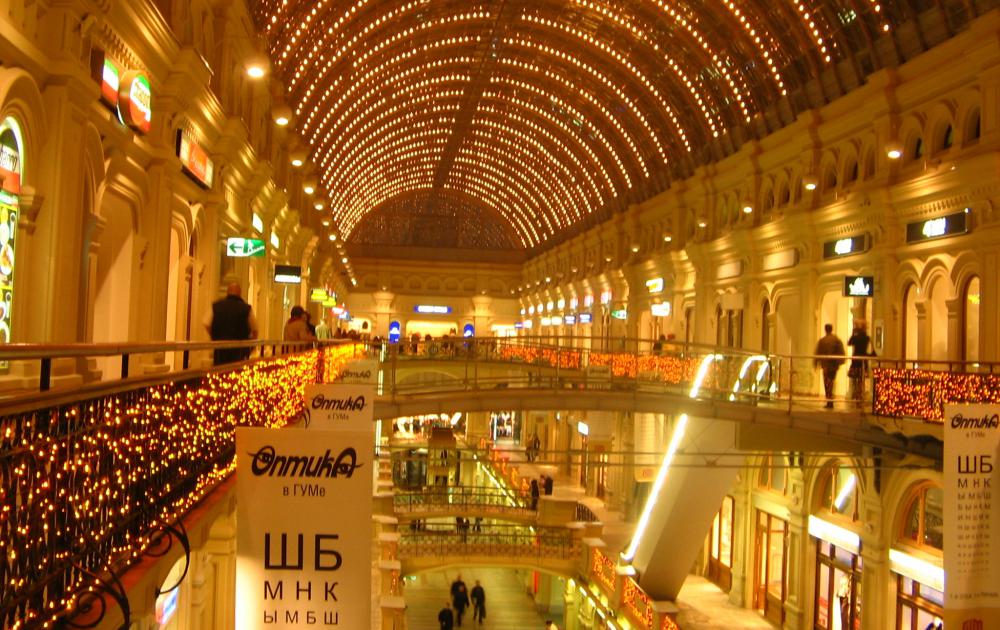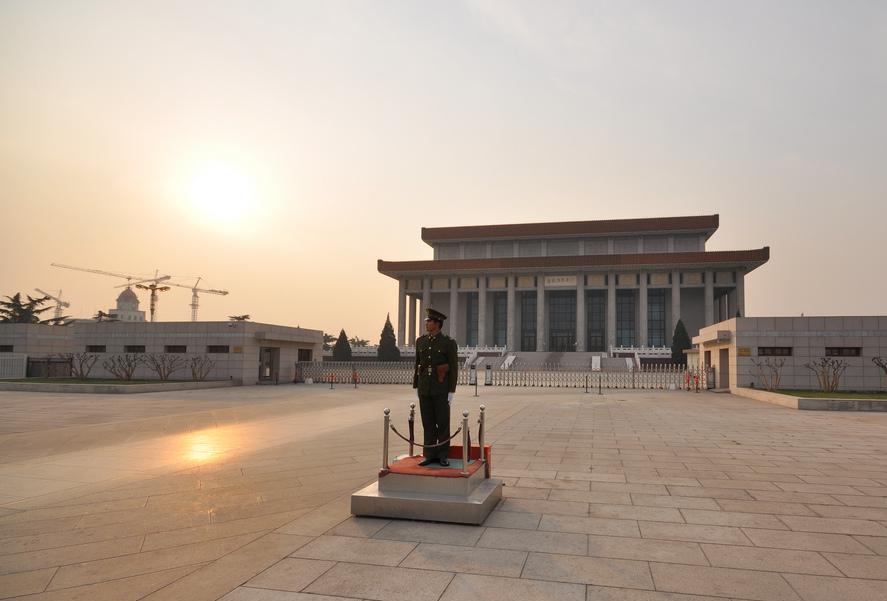At SmartCapitalMind, we're committed to delivering accurate, trustworthy information. Our expert-authored content is rigorously fact-checked and sourced from credible authorities. Discover how we uphold the highest standards in providing you with reliable knowledge.
What Is Economic Theory?
Economic theory is a broad concept for the explanation and understanding of the movement of goods in a market. Theoretical economic concepts typically have scientific backing or studies to prove or disprove a stated hypothesis. National governments also have an interest in theories of economics. Politicians rely on studies of government spending, tax collections, money supply, and consumer spending data to make laws or set policy. Different economic theories exist that focus on different aspects of government policy regarding economics.
Classical economic theory tends to favor a free market system. Under this theory, little government intervention is necessary to help support a society. Classical economists believe that individuals allowed to act in their own self-interests will present a strong group of consumers. Terms like capitalism and supply side economics also describe this theory. The protection of personal property through courts of law is often a major component of free market economics.

Another classic economic theory is command economies driven by national governments. Terms associated with these economies include socialism and communism. The main ideas behind these theories are that governments control the majority of economic resources. Governments allocate resources, give jobs to certain classes or people, and regulate the economy through heavy taxation. The redistribution of wealth attempts to ensure an equal status for all individuals living under the government’s umbrella.

A more modern economic concept is Keynesian economics. This theory is a slight combination between the two previous theories. Keynesian theory dictates that targeted government spending and intervention into a national economy helps keep goods moving when free markets become inefficient. Government spending controls do not often exist under Keynesian economics as governments may not have spending limits. Another inherent issue is the inability to control employment, as government spending does not always result in job creation.

While other economic theories exist, these are often the main ones a government uses to guide its fiscal and monetary policy. Economists often spend copious time collecting data and reviewing financial information to help provide information for making decisions. These studies and information-gathering sessions represent the science that backs up economic theory. Economic methodology is also important; methodology dictates the best way to collect data and make it useful for economic decision making.

Typically, economic theory uses a model individual to describe actions taken by people in economic environments. The theory — known as homo economicus — describes humans as rational and self-interested people who make judgments about their lives. Through this theory, economists attempt to determine how individuals will react to certain economic situations. Free market economies most often ascribe to this theory.
AS FEATURED ON:
AS FEATURED ON:















Discussion Comments
From the housing market to food production to the environment, we are continually seeing the results of a free market, and what happens when regulation after regulation continues to be stripped away. Business left to regulate itself is an oxymoron. We need check and balances. It's not perfect either, it's not without corruption, but it's the fairest method we have.
Post your comments